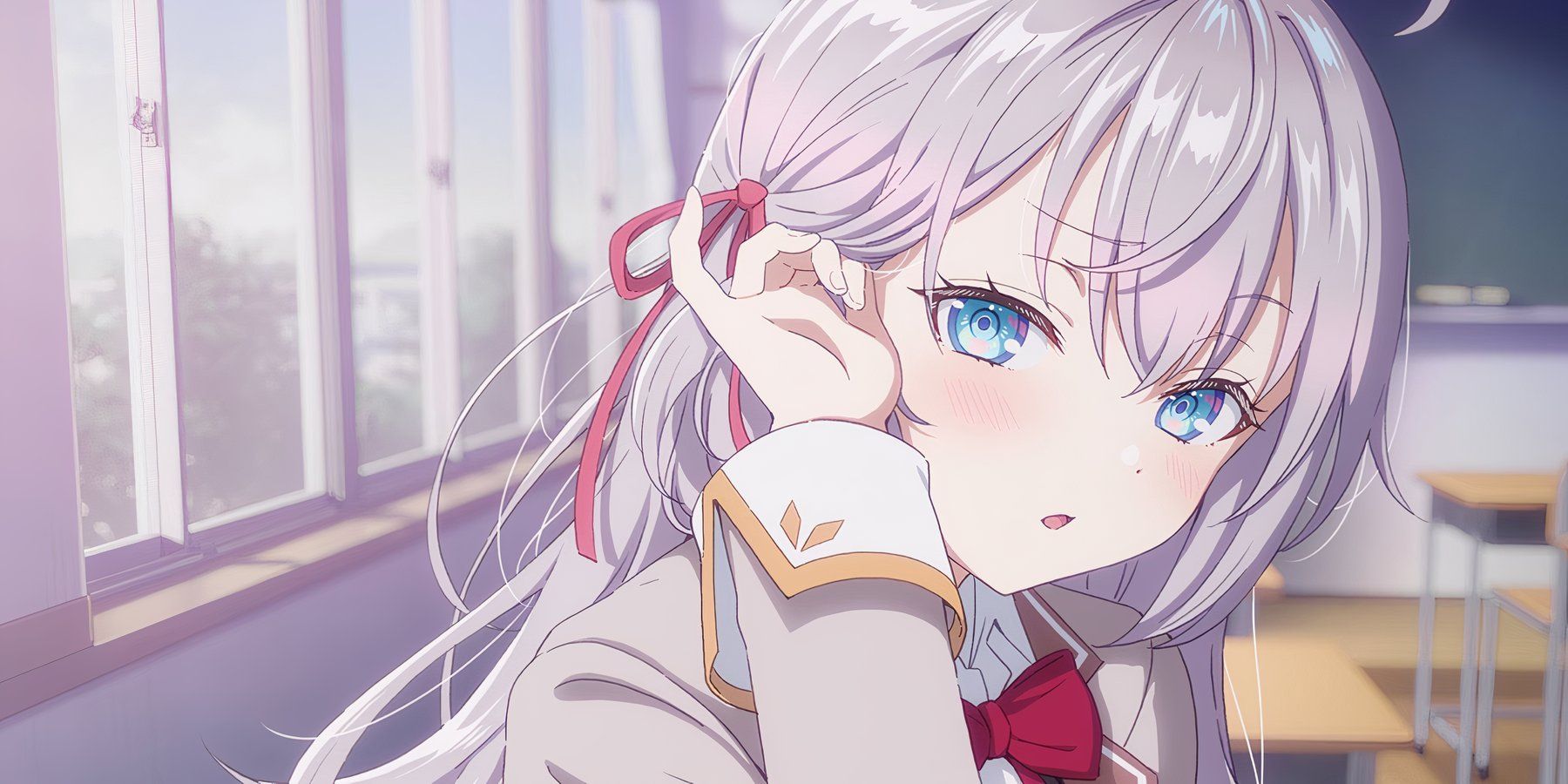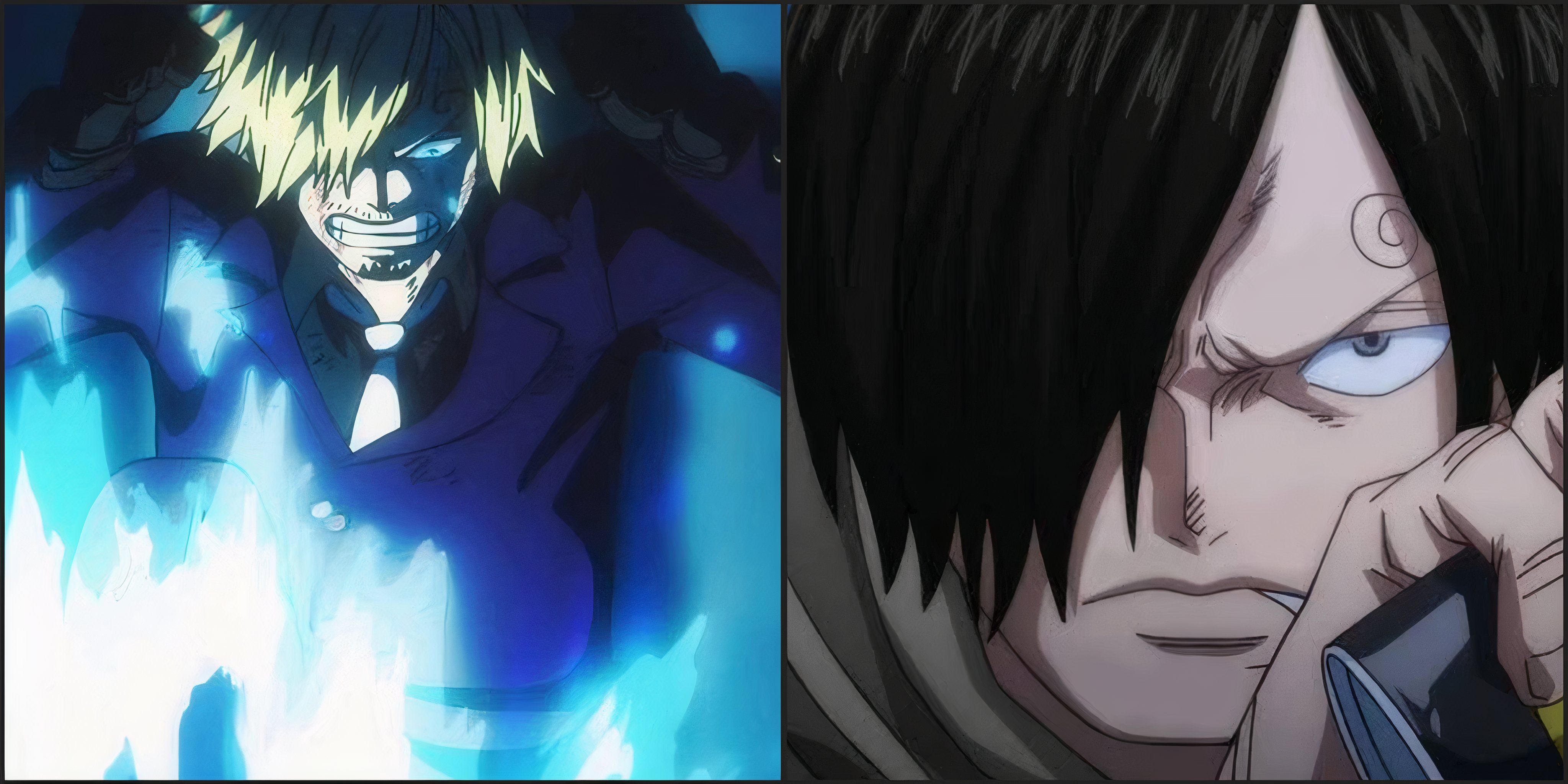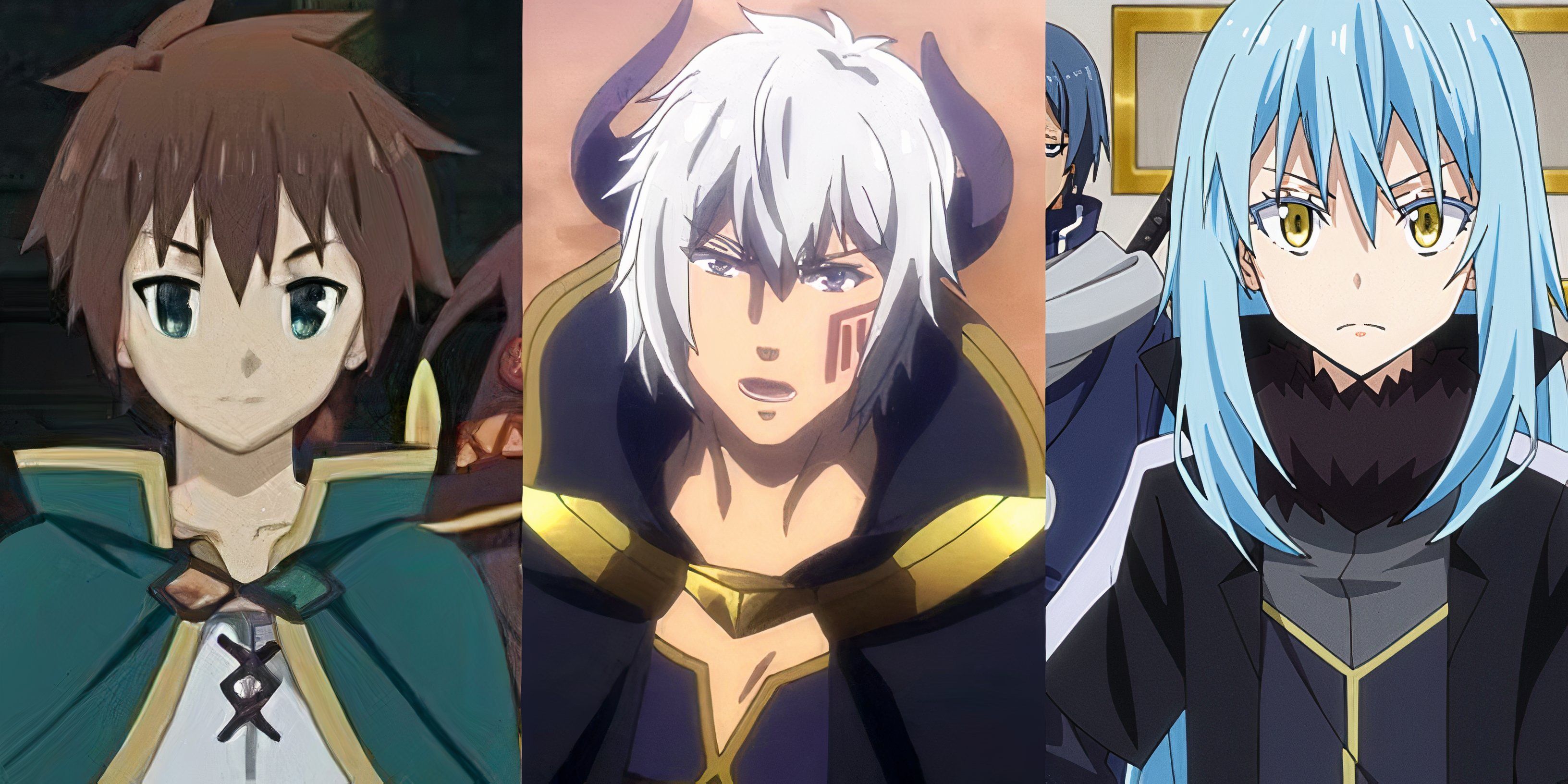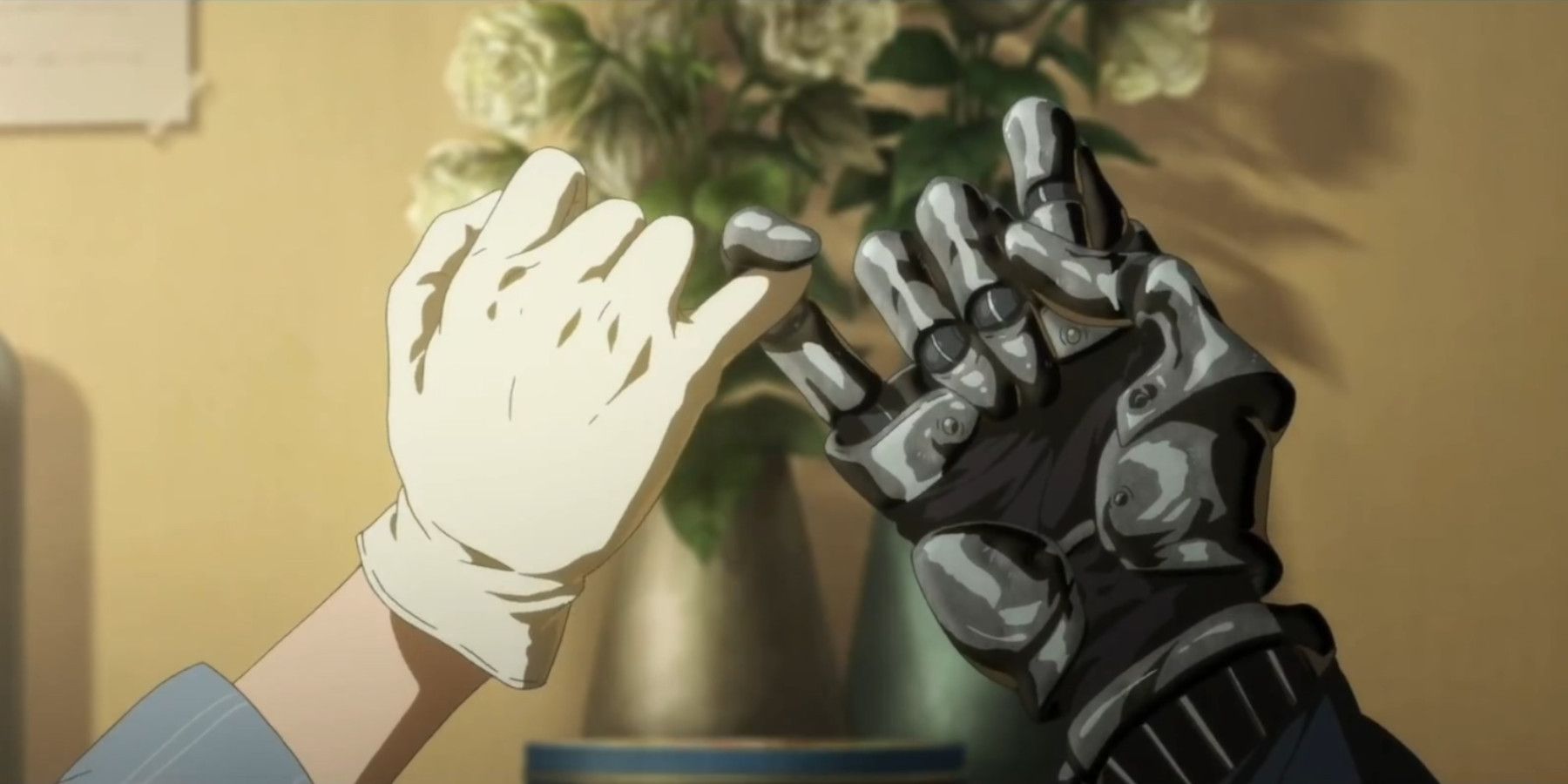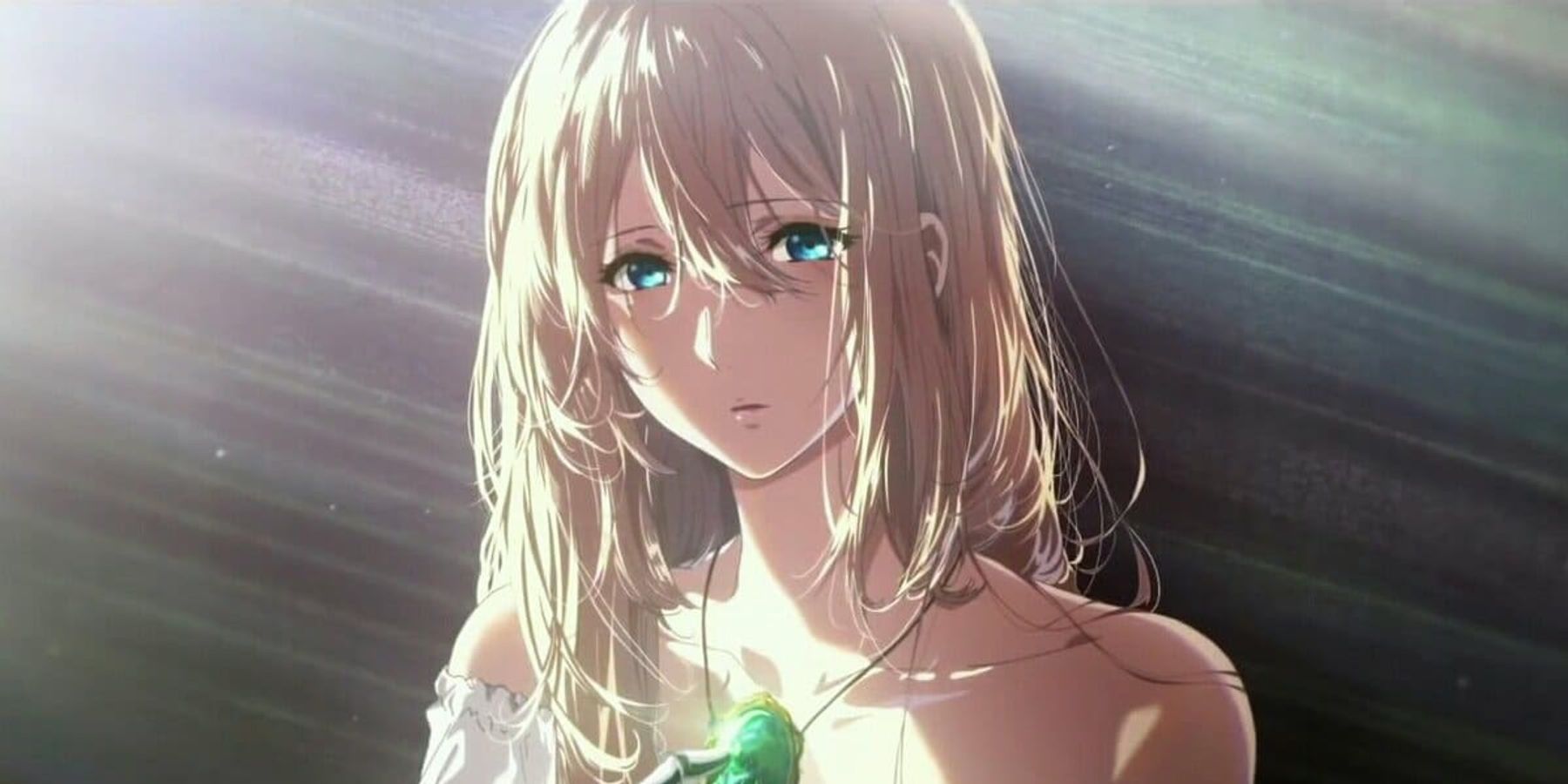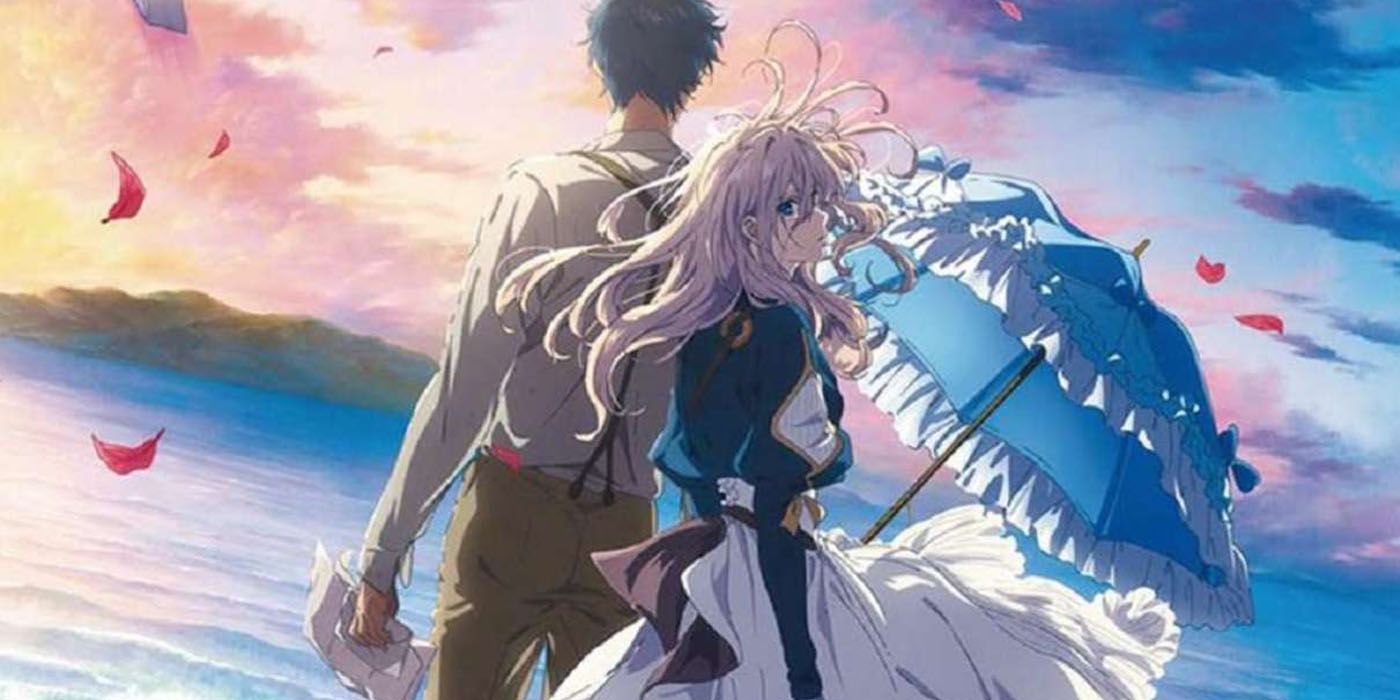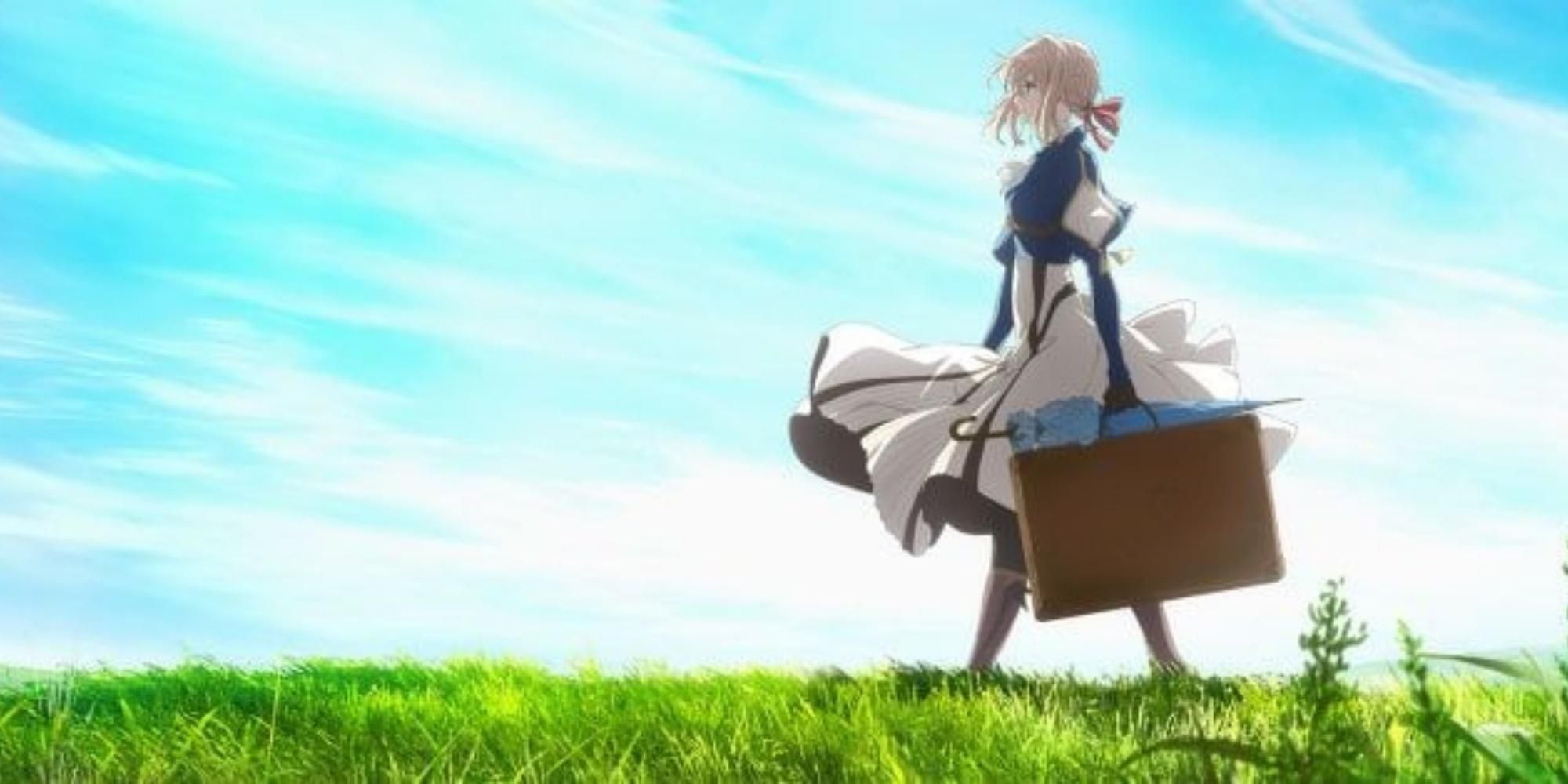This Contains Major Spoilers for Violet Evergarden: The Movie
Taichi Ishidate's 2018 masterwork Violet Evergarden has been considered one of Kyoto Animation's crowning achievements of the last decade, alongside films like A Silent Voice. Among its myriad stories, the thread combining all of them is a message about communication and understanding others, make that much more powerful through the eyes of one who struggles with social cues.
Throughout the 12-episode series, the titular Violet began to understand people, their emotions, and their words, as a ghostwriter composing letters for those who couldn't read or write. In 2020, Violet Evergarden: The Movie not only concluded Violet's story satisfyingly but carried through the series' themes in the most ingenious way possible.
How We Got Here
To fully grasp the weight of this choice, some preliminary context about the story is warranted. It begins with Violet herself, a young girl of unknown origin who has not known a normal life and has an aptitude for violence. She becomes recruited as a child soldier by Dietfried Bougainvillea, who puts her under the care of her brother, Major Gilbert Bougainvillea, who is opposed to using a child.
Gilbert gives Violet her name and wants to give her a normal life after the war, but after a horrible battle, Violet is left without her arms and Gilbert is missing in action. Violet awakes with prosthetic arms, remembering that the last thing the Major said was "I love you." With the help of Gilbert's friend Claudia Hodgins, Violet becomes an "Auto Memory Doll" - another name for a ghostwriter - and endeavors to discover the meaning of "I love you."
She spends four years writing letters for people, going from one who can only relay information literally to one who can interpret emotions and their deeper meanings. She gains something of an illustrious reputation for her grace and compassion in carrying out her duties, but still wishes she could find closure regarding Major Gilbert.
Creating A Perfect Moment
This is where Violet Evergarden's movie begins, and while the whole movie is fantastic, there is one moment that feels so central to the film's point that it truly feels like everything is leading to it. There are in fact two stories happening in this film, both of which are initiated through messages received at Violet's office.
The first is a phone call. At this point in Violet Evergarden's world, times are changing, and the characters worry that their profession as ghostwriters is becoming obsolete. New buildings are being erected, electric lights are everywhere, and telephones are just starting to appear. Amidst all of this, Violet receives a phone call from a young boy named Yuris.
Yuris is sick and worries that he doesn't have a lot of time left to live, but he also doesn't know how to speak to his family or tell them how he feels. Uncertain of all this, he requests Violet to write letters for him in secret for his parents and his younger brother. Violet also gets the sense that Yuris wants to leave a message for his friend Lucas, who she sees waiting outside the hospital.
The second story of the film and the one more immediately relevant to Violet is initiated when Claudia finds a letter that couldn't be delivered because of inadequate information. Claudia determines that the handwriting has to be Gilberts, confirming that he might be alive and well on the island of Ekarte.
Violet goes to the island, where Gilbert has lost an arm and an eye, and refuses to see Violet, believing that he doesn't deserve her love and that she should forget about him. It's a heartbreaking moment for her that seems to crush all hopes that she had where previously she'd hoped there'd be closure. But there's still a very important task she must accomplish.
The March of Time
Violet and Claudia can't get home because the weather has made it impossible for them to return by boat, and to make matters worse, a telegraph reports that Yuris' condition has worsened. But while all the letters for Yuris' family have been written, Violet had promised to make a letter from Yuris to Lucas.
Violet sends word to her coworker Iris to take her place, but by the time they arrive, Yuris is in no condition to offer the words to write the letter. Had this happened four years prior, there would have been no other way, and it would have been a terribly tragic ending. But precisely because of when this story takes place, there exists a solution.
While Violet waits on the island with bated breath, her other friend back on the mainland, Benedict Blue, drives off to find Lucas and bring him to the closest building with a telephone. Yuris is given the hospital's own telephone, and he apologizes to Lucas for having shut him out, and thanks him for being his friend.
When Yuris finally does pass, his family reads Violet's letters, addressed to his parents and brother. While his younger brother is too young to understand that Yuris has died, he is happy to hear that he loved him and runs to his brother's bedside to say "I love you." Violet is told that Yuris passed and that he was able to tell Lucas how he felt, and she is relieved.
Throughout all of Violet Evergarden, it seemed as though letters were integral to the very core of the story, so much so that it was the single strongest visual motif. However, this harrowing, tragic, and utterly beautiful sequence of events seems to suggest that letters were never really the point. The point was that people were unable to communicate and something or someone existed to bridge the gap.
The very technology that the characters feared would invalidate them and make them obsolete ended up being the savior that allowed a boy to tell his best friend what he meant before he died. It left all parties involved with closure, no matter how separate in space they were. Even Violet, the main character, was far away, waiting in grueling anticipation with the rest of the audience.
This moment makes it abundantly clear that Violet Evergarden was never just about Violet and her journey to become more human and gain closure. It was about so much more than that and built itself up to be a story that speaks to a huge aspect of society that people take for granted. The story is a celebration of progress and the strides that bridge the gap between people.
In the end, Violet Evergarden's movie, like the series before it, is about connection. It drinks from the same well of unabashed pride in the human spirit as Hideo Kojima's Death Stranding, which was released a year prior to this film. In times such as these, it's important to have stories like this and to open up and allow ourselves to be moved by such raw testaments of humanity.
